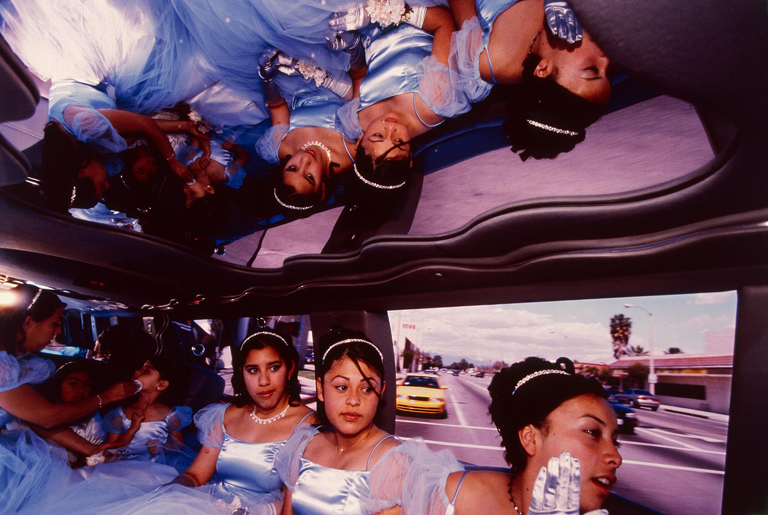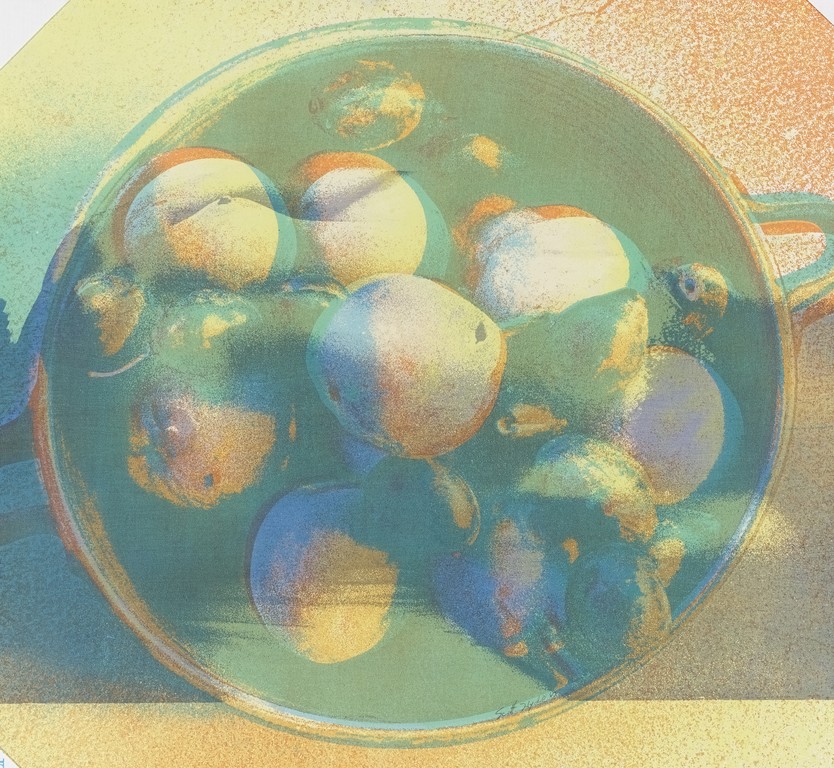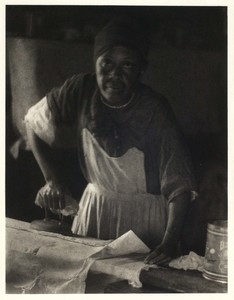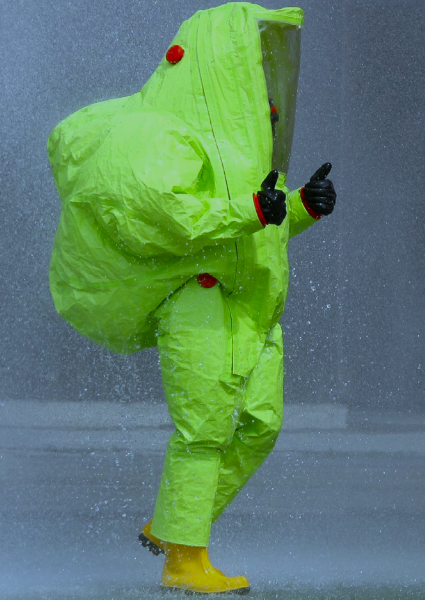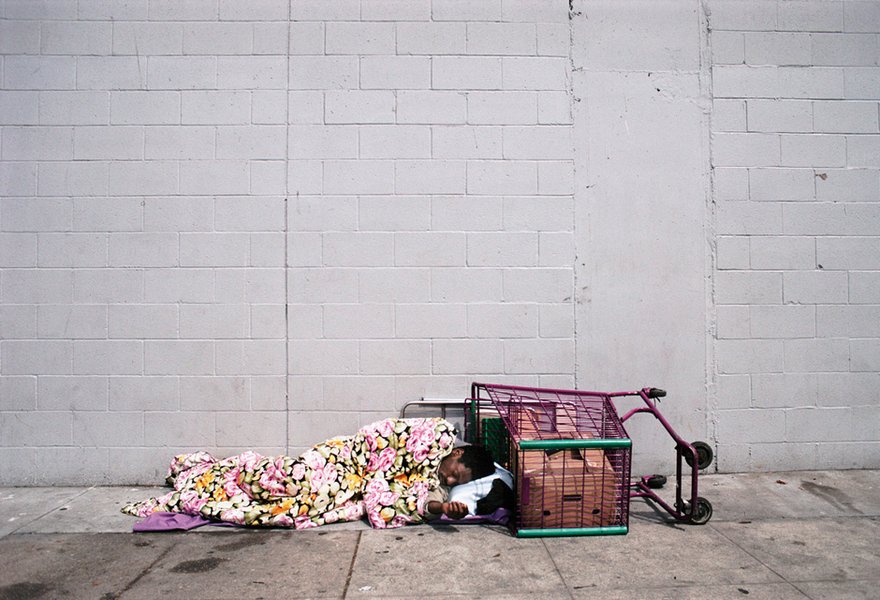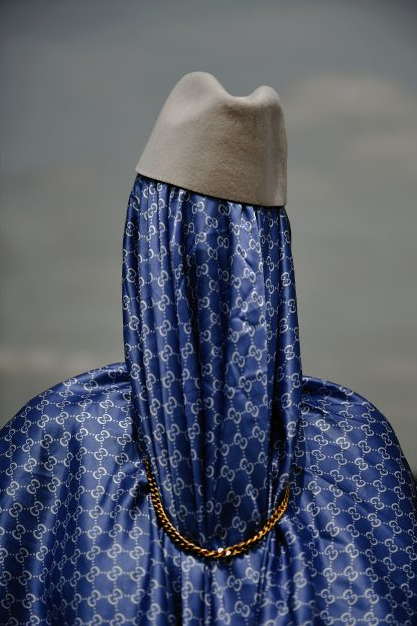Clothes for the Millions: A case for workwear in collections and exhibitions
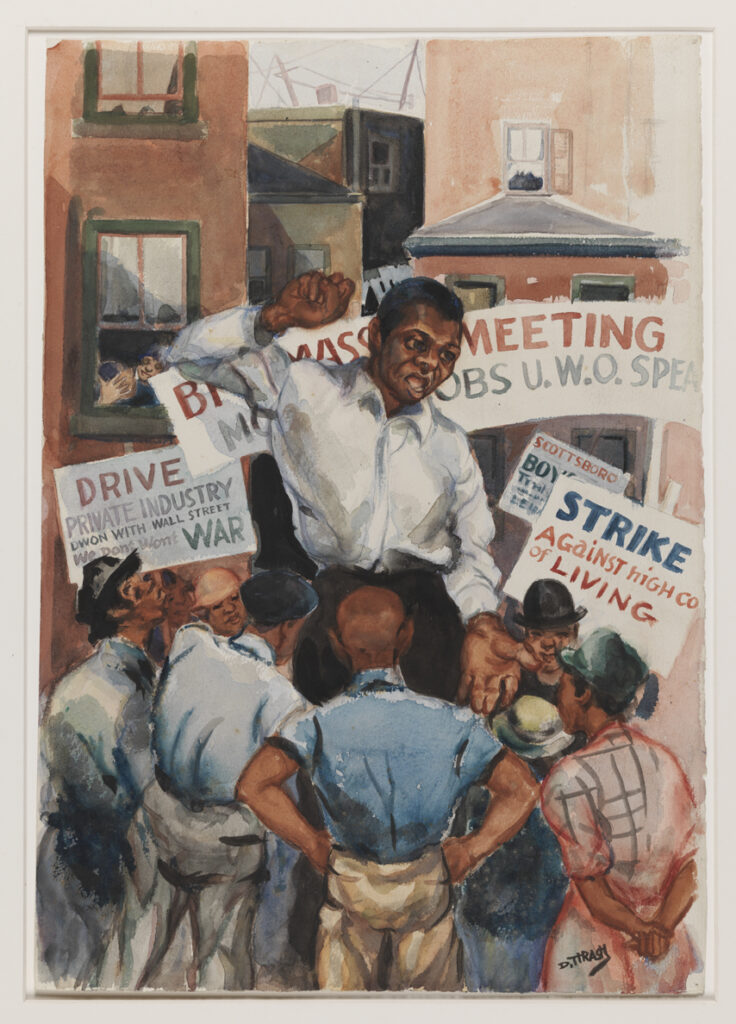
More work would do a lot to recalibrate fashion’s history; making it more inclusive and representative, but also to help reframe work clothes beyond social history to bring attention to the qualities of the designs themselves.
